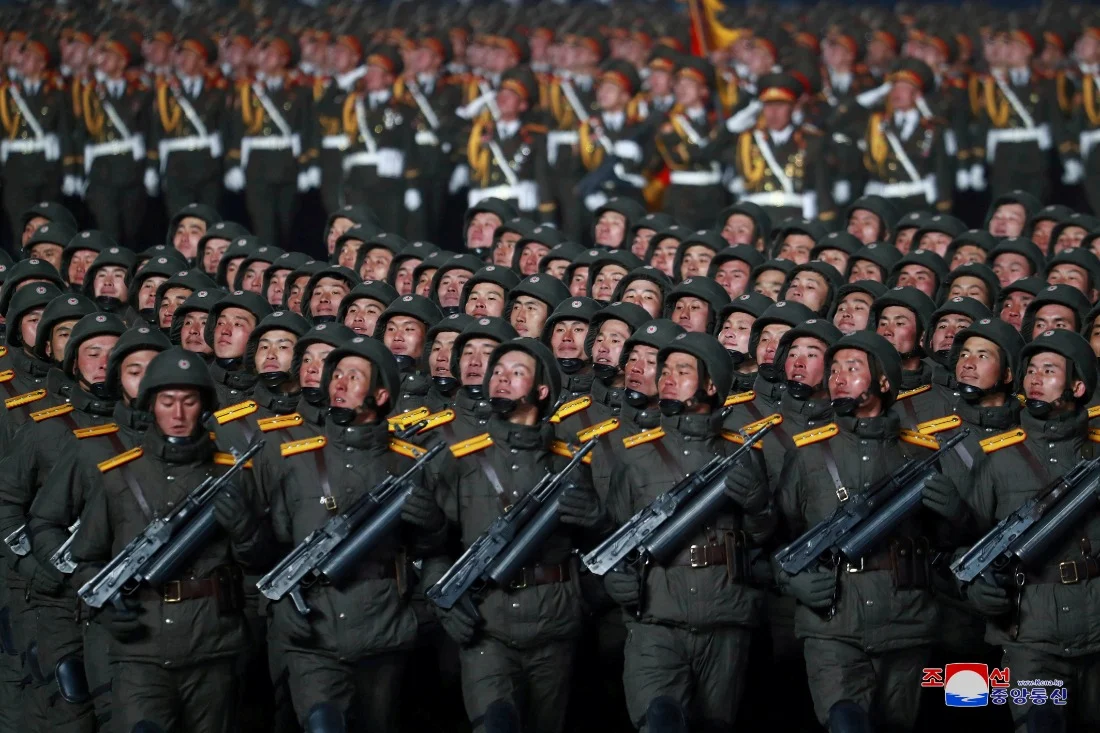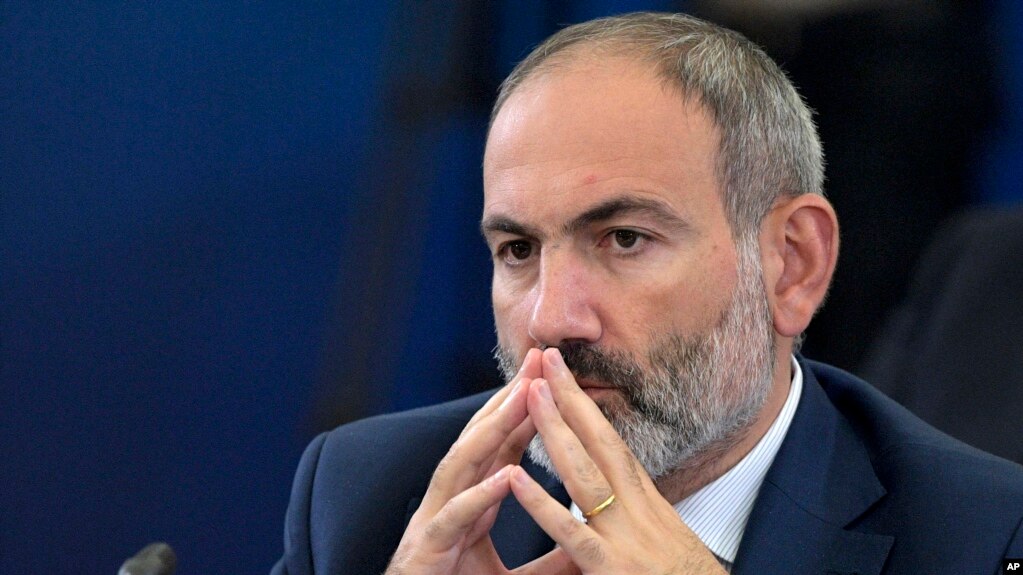
While the West continues arming Ukraine, Russia reportedly hopes to purchase weapons from countries such as Iran and North Korea. Although the Kremlin had at least eight years to prepare for war, in 2022, it became apparent that the Russian military lacked combat drones and long-range missiles.
By Nikola Mikovic
However, a lack of infantry remains one of the biggest problems that Moscow is facing. The Kremlin has been trying to resolve it by implementing various half-measures, such as hiring private military companies and running a covert mobilization campaign all over the country. But to win the war, Russia will need hundreds of thousands of troops. Without at least a partial mobilization, Moscow will unlikely be able to achieve any of its strategic goals in the Eastern European nation.
On the other hand, Ukraine continues receiving all sorts of weapons from all over the world. Sooner or later, Kyiv will get F-16 and other Western-made jets, a move that will help the Ukrainian Armed Forces in their future offensive actions in the east and the south of the country. During their latest counteroffensive in Kherson, Ukrainian forces made limited gains. Still, they will continue using HIMARS and other NATO heavy weapons to push back Russian troops and seize more territory.
Despite heavy losses, Ukraine, unlike Russia, still has enough troops available to continue attempting to recapture significant portions of the Kherson, Zaporizhzhia, and potentially Kharkiv regions. After six months of the war, Russian and Russian-backed self-proclaimed Donetsk People’s Republic and Lugansk People’s Republic troops have become a spent force. Russia has exhausted its combat capabilities, and even new weapons that the Kremlin might get from its “allies” do not guarantee that the Russian military will be able to preserve control over the territories it occupied, let alone launch new offensive actions.
Reports suggest that Russia has already received a significant number of Iranian drones, although there is no evidence of Russian forces using them in Ukraine. Moscow and Tehran may neither confirm nor deny the drone’s transfer to Russia until the Eastern European country's first uncrewed aerial vehicle is downed. But even with hundreds of Iranian-made drones, the Kremlin will unlikely dare to use Yemen’s Huthis’ strategy and attack Ukrainian critical infrastructure facilities.
More than six months after Russia launched its so-called special military operation in Ukraine, Moscow has been hesitating from bombing bridges over the Dniepr River or launching missile attacks on government buildings in Kyiv. Thus, Russia might use Iranian drones to strike the Ukrainian army’s positions near the front line, but not for Huthi-style diversions all over the country.
Even though Russia still has a significant artillery advantage over Ukraine, sooner or later, its military will start running out of weapons and ammunition. Under Vladimir Putin’s rule, Russia has done little in modernizing its military-industrial complex, so Moscow might be forced to import artillery. It is, therefore, not surprising that the self-proclaimed Donbas republics have established diplomatic relations with North Korea, hoping to get artillery systems from the most isolated country in the world.
But even if Tehran and Pyongyang supply Russia and its proxies with weapons, the Kremlin will still have to resolve its burning issue – a lack of workforce. For political and economic reasons, Putin does not seem ready to declare a nationwide mobilization, quite aware that such a move could lead to turbulences in Russian society and economy. More importantly, it is highly uncertain if the Russian Ministry of Defense can conduct a large-scale mobilization. Putin’s Russia is not the Soviet Union. Unlike the Soviet one, the Russian economy is run by oligarchs, and the last thing they need is a transformation of the country’s economic system. Without radical changes, Moscow will not be able to effectively place Russia on a war economy footing, a move that might be necessary to win the war.
Still, it remains unclear if victory in Ukraine is Kremlin’s goal. The Kremlin has not achieved any of its military and political goals in the former Soviet republic. Moreover, instead of “demilitarizing” the Eastern European country, Russia has done nothing to prevent Ukraine from receiving weapons from the West. As a result, Ukraine is more militarized than ever and has an excellent chance of defeating the Russian Armed Forces.






